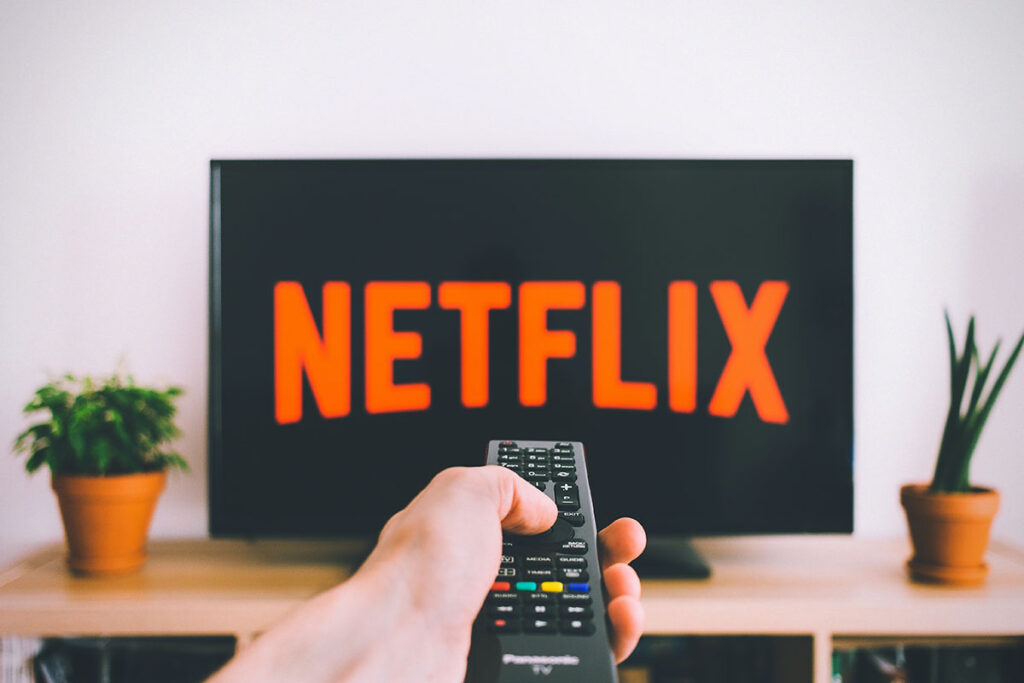Universal has announced that it will be renting films during its cinematic run. Films will be available to rent from Universal 17 days after their premiere date, which many suggest will absorb some of the usual cinema audiences. Traditionally, there was a 75-day grace period for cinemas to have a monopoly on the film before it could be released on other platforms. The decision to immediately release Trolls World Tour on-demand led to a bitter spat between Universal and AMC cinemas. Is the growing prevalence of technology killing the cinema industry?
BREAKING: Universal and AMC Theaters come to a huge agreement, ended a long standoff, as they both agree that the studio can put any movie on-demand after only 17 days in theaters.
— Lights, Camera, Pod (@LightsCameraPod) July 28, 2020
(via @EveryMovieOutlet) pic.twitter.com/15TZcMcN5n
Does On-Demand Cut Cinema Demand?
Netflix could arguably be held responsible for the trend of staying in and watching movies rather than venturing to a cinema. The launch of high-profile, successful, and critically acclaimed films on Netflix – such as Bird Box and The Irishman – has given credence to the idea of watching on-demand rather than in cinemas. Of course, there will always be franchises that attract a cinematic audience. Marvel, DC, and the James Bond franchises, as well as major action blockbusters or picturesque 3D films, are likely to retain cinematic support.
But could an increase in private screenings at home instead of at the cinema just be a response to the changing way we are interacting with the world based on what technology allows us to do? The stats for the UK cinema-goers actually proves that cinema attendance fluctuates greatly. The drop in attendance between 2004 and 2005 can’t be blamed on new-fangled on-demand technology (though DVD sales could have been a factor). While Netflix is useful for watching films, for many it can’t actually replace a cinema trip.

Can’t They Work Together?
Tech doesn’t have to be a reason to kill the cinema, though. It could instead be a way to prolong the cinematic universe and allow people to engage with it differently. For example, the online casino industry often takes trends from popular franchises and turns them into games. These games allow people to dive into the world of various cinematic franchises in a way different than before.
Moreover, various themes for online slots – such as Vikings, Norse gods, and vampires – are likely directly influenced by the cinematic trends of recent years. Indeed, as the slots at LeoVegas show, there are slot games such as the Tales of Dr. Doolittle to coincide with the 2020 Robert Downey Jr film, a Bridesmaids slot based around the 2011 comedy, and even a Basic Instinct slot based on the 1992 Sharon Stone cult classic. Using online technology to bolster the cinematic universe shows how cinema and new technology can exist harmoniously and help one another out.
The cinema has been around for nearly 100 years in some form or another. It isn’t just a way for people to gather together to see new releases, it is a traditional establishment and one that attracts wide audiences for old films and re-releases.
While the experience of cinema trips cannot be beaten by watching films on Netflix, the hemorrhaging of cinema viewers due to the emergence of technology is very real. That said, the movie industry needs to be savvy in how it approaches releasing films and how it uses tech to build the world of the franchise further.
Featured by Nathan Engel from Pexels.



